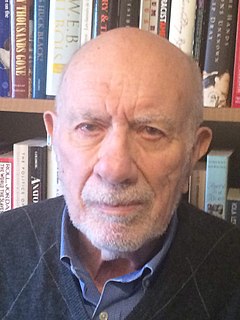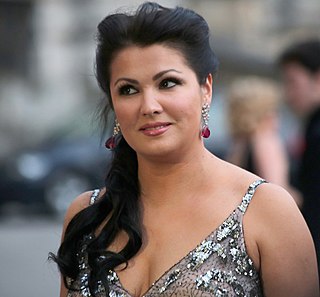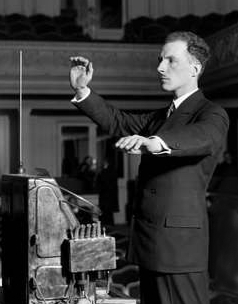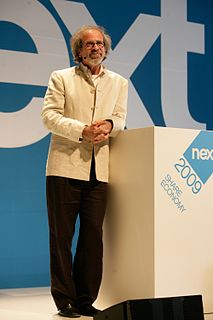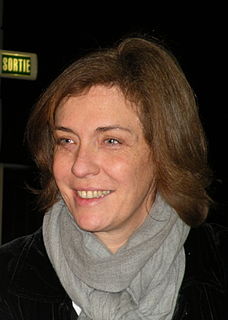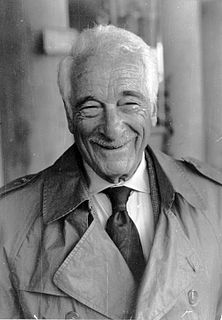A Quote by Heinrich Neuhaus
I urge pupils when studying a work and in order to master its most important aspic, the rhythmic structure, or the ordering of the time process, to do just what a conductor does with the score: to place music on the desk and to conduct the work from beginning to end as if it were played by someone else, an imaginary pianist with the conductor trying to impress him with his will, his tempo first of all, plus all the details of his performance.
Related Quotes
Before Liszt, a conductor was someone who just facilitated the performance, who would keep people together or beat the time, indicate the entries. After Liszt, that was no longer the case; a conductor was someone who shaped the music in an intense musical way, who played the orchestra as an instrument.
By the end of Pop's life I wanted to give something back and when I came on board as his musical director he needed me. I wasn't the greatest conductor of the orchestra, but I was hired to conduct Frank Sinatra. He was slowing down, his memory wasn't what it had been. But his audience never stopped loving him. He had teleprompters.
The master in the art of living makes little distinction between his work and his play, his labor and his leisure, his mind and his body, his information and his recreation, his love and his religion. He hardly knows which is which. He simply pursues his vision of excellence at whatever he does, leaving others to decide whether he is working or playing. To him he's always doing both.
Opinion in all parts of the world would agree that Rachmaninoff is the most complete of living masters of the instrument; his technique is comprehensive, and he is, of course, musical to his bone's marrow. Most important of all, he is a composer, and for this reason he is able to approach a work as none of his pianist contemporaries can approach one - that is, from the inside, as an organic and felt creative process.
Perhaps the chief requirement of [the conductor] is that he be humble before the composer; that he never interpose himself between the music and the audience; that all his efforts, however strenuous or glamorous, be made in the service of the composer's meaning - the music itself, which, after all, is the whole reason for the conductor's existence.
Mary is God's masterpiece. Have you ever walked into a museum where an artist was displaying his work? Can you imagine him being offended if you were viewing what he considered to be his masterpiece? Would he resent your looking at that instead of at him? 'Hey, you should be looking at me!' Rather, the artist would receive honor because of the attention you were giving his work. And Mary is God's work, from beginning to end.



